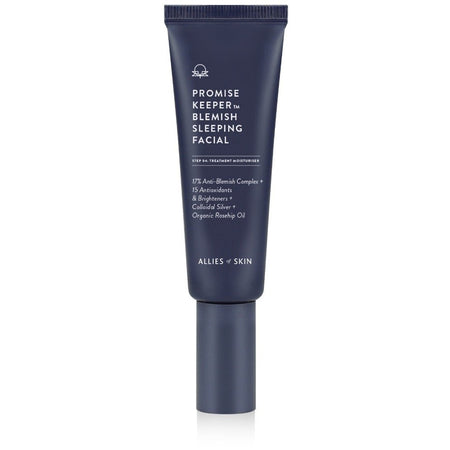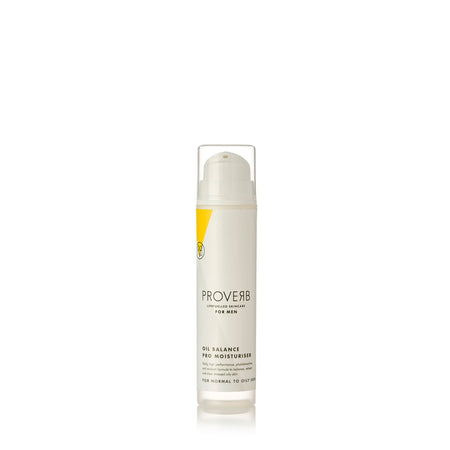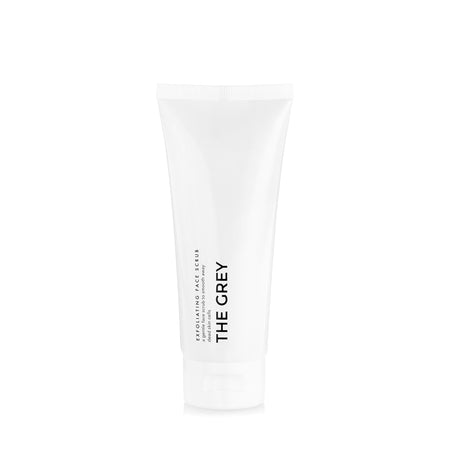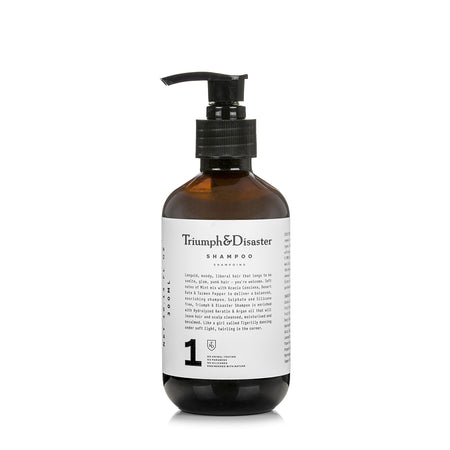The Grooming Glossary: 15 Skincare Terms All Men Should Know
The complexion crib sheet that'll help you get better skin
The grooming regime of the image-conscious man has never felt more complicated. What do you mean you aren’t using an alpha hydroxy acid with suspended cell regenerative microspheres? With so many products, so many hard-to-pronounce words and so many steps, it’s little wonder many guys give up on having a skincare routine at all. The good news is you don’t need a PhD in cosmetic chemistry to look good, just a little know-how. To ensure you have all the right gear and at least some idea, BEAST. has compiled 15 skincare terms every man should learn.
The BEAST. Grooming Glossary
Active Ingredients
Also known as 'actives', these are the main ingredient(s) in a skincare product responsible for providing the effect advertised on the bottle. For dry skin, this could be hyaluronic acid; for ageing, retinoids or for acne-prone skin, benzoyl peroxide.
Also Read: The Skincare Ingredients That Should Be In Every Man's Grooming Kit.
Parabens
Parabens are used to give products like shampoos and moisturisers a longer shelf life and kill any bacteria that grows inside the bottle. In small doses they’re not harmful, but those with sensitive skin may benefit from using ‘paraben-free’ products that contain natural preservatives.
BEAST. Recommends: Proverb Hydration Pro Moisturiser.
Skin Barrier
Simply put, the skin barrier (or barrier function) is your body’s security guard. Another term for the outermost layer of the epidermis known as the stratum corneum, its primary function is to protect the body from environmental aggressors like the sun, pollution and germs. If your skin feels dry, tight or itchy, your skin barrier could be damaged, which can be caused by harsh chemicals, extreme temperatures or over-exfoliating.
BEAST. Recommends: Dr Barbara Sturm Clarifying Face Cream.
Razor Burn
Razor burn is a form of skin irritation caused by shaving. The red, itchy rash is usually caused by dry shaving, shaving too aggressively, or shaving with dull blades. Rinse the affected area with cold water then apply a post-shave treatment that contains anti-inflammatory ingredients such as tea tree.
Also Read: Five BEAST.-Approved Tips For A Better Shave.
Non-Comedogenic
What does non-comedogenic mean? The most straightforward answer is a product that contains ingredients less likely to block or clog pores, though it does not mean that they are guaranteed not to. Guys with oily skin and those prone to breakouts will benefit most from using non-comedogenic products.
Also Read: How To Create A Personalised Skincare Routine.
T-Zone
If you're unfamiliar with what your T-zone is, imagine drawing the letter on your face. The T-zone is made up of your forehead, nose, and chin, and is naturally the oiliest part of your face. The key with this area is to remove excess oil without drying out your skin.
BEAST. Recommends: Eurosport Minute Miracle Mask.
UVA / UVB
The sun emits two types of ultraviolet (UV) radiation, both of which can be harmful to our bodies. Ultraviolet A (UVA) causes skin damage and leads to premature ageing, while ultraviolet B (UVB) is responsible for sunburn and skin cancer. The best way to protect against both is to wear a broad-spectrum SPF every day, even in winter or when it’s cloudy.
Also Read: The Basic Skincare Routine Every Man Should Follow.
Humectant
Humectants are water-loving ingredients like hyaluronic acid, aloe vera and glycerin that draw moisture into the top layer of skin either through the environment or through the deeper layers of skin. One of three types of moisturiser (along with occlusives and emollients), humectants are usually found in serums, lotions, and creams.
BEAST. Recommends: Moisturisers For Men.
Skin Type
Your skin type refers to several factors related to its balance including oil production, hydration and sensitivity level. Combined, these determine the kind of products you should be applying and which ones you should most definitely avoid. If your skin feels tight, you’ve got dry and possibly sensitive skin. If it feels greasy, you’re on the oily side. A mix of the two? You’re combination.
BEAST. Recommends: BEAST. Skin Match tool.
Dandruff / Beardruff
Dandruff is the term given to dead skin cells that collect in the hair, beard or even eyebrows when yeast builds up around the base of follicles. It’s usually easily treated with an anti-dandruff shampoo, but more persistent cases will require the help of a dermatologist and prescription-strength remedies.
BEAST. Recommends: Recipe For Men Anti Dandruff Shampoo.
Free Radicals
Free radicals are harmful molecules responsible for oxidative stress, which can cause the skin to age prematurely. While some are produced naturally by the body, there are a number of external factors known to trigger free radical production like pollution, sun damage and smoking. Antioxidants help keep them in check, so look out for products that contain vitamin C, vitamin E and retinol (vitamin A).
BEAST. Recommends: The Grey Exfoliating Face Scrub.
Acne
Acne is a common skin condition that occurs when pores become clogged by oil, dead skin and bacteria. It causes breakouts and inflammation that vary depending on the severity, from superficial lesions such as pimples to cysts. Most acne is caused by genetics, skincare (or lack of) and hormonal shifts. However, there are other common causes, like infrequently changing your pillowcases or eating lots of sugary or processed food.
BEAST. Recommends: Allies Of Skin Promise Keeper Blemish Sleeping Facial.
CBD
CBD (or cannabidiol) is the non-psychoactive component of the hemp plant. Recently, it’s gained popularity in the skincare industry for its anti-inflammatory, antioxidant, and anti-ageing benefits. Oral CBD products can be used to reduce stress while topical treatments can treat everything from sore muscles to rosacea.
Also Read: CBD Skincare Is Everywhere, Here's What You Need To Know.
Ceramides
Ceramides are essentially the glue that holds our skin cells together. Though the body produces them naturally, levels can drop over time. Incorporating ceramides into your skincare routine helps the skin to better retain moisture and supports its barrier function.
Also Read: 9 Winter Skincare Tips Experts Want You To Know.
Omega-3 Fatty Acids
Essential fatty acids are key to good skin health, but the body is unable to produce them naturally, so we have to obtain them elsewhere. Abundant in flaxseed oil, walnuts, fish oils and chia seeds, Omega-3 has been found to improve elasticity in the skin and help inflammatory skin conditions such as rosacea and psoriasis.
BEAST. Recommends: Triumph & Disaster Shampoo.
Back


